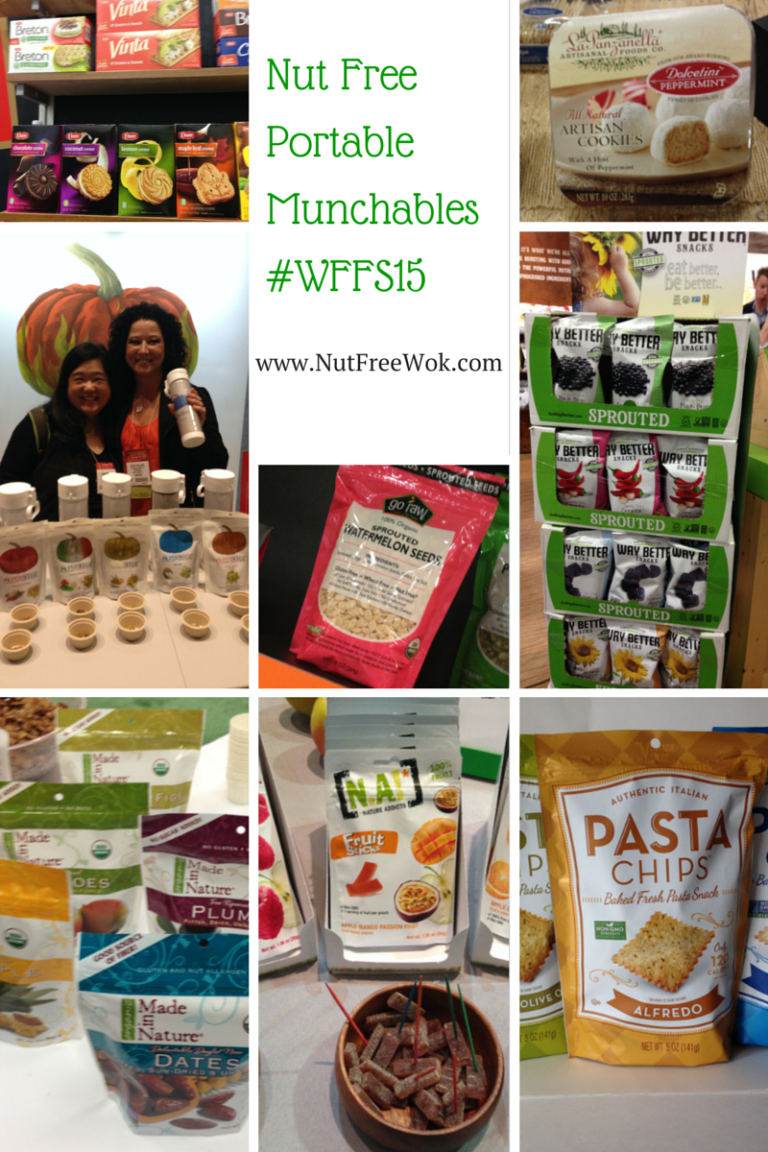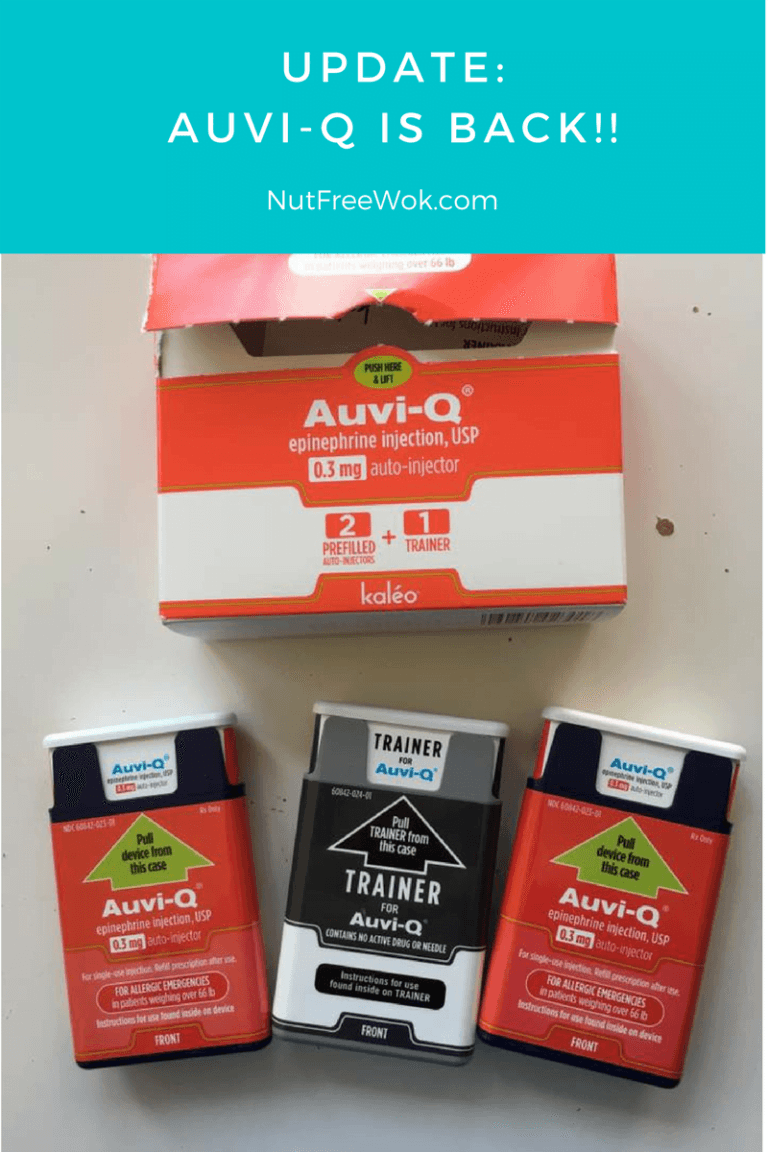Viaskin ® Peanut Patch PEPITES Press Release
Viaskin Peanut Patch Phase III PEPITES Highlights:
- DBV is expanding the Viaskin ® Peanut trial to include more patients, more centers, and more countries. “PEPITES is expected to enroll approximately 330 patients in about 30 centers across North America (Canada and the United States), Europe, and Australia.”
- Recruitment will be complete by end of third quarter of 2016 (end of summer 2016).
- Those who have a baseline eliciting dose (ED) of 10 mg or less of peanut protein will be considered responders if their ED is 300 mg or greater after 12 months of treatment. Otherwise anyone with a baseline ED of greater than 10 mg will be considered responders if their ED is 1000 mg or greater.
As our family’s participation in the phase II Viaskin Peanut trials winds down, I feel like I’m passing on a baton to the next group of trial participants who are willing to be pioneers and take part in something historic in food allergy research. Thank you and if you have any questions about participating in the trial, my recommendation is to speak with your doctor or the doctor in charge at the study center. Someone currently in phase II can also provide support and encouragement but sound medical advice is best. Good luck to all those who are interested in enrolling in PEPITES. ~Sharon
DBV Technologies Announces Initiation of Phase III Study of Viaskin®Peanut for the Treatment of Peanut Allergic Children
DBV Technologies (Euronext: DBV – ISIN: FR0010417345 – Nasdaq Stock Market: DBVT), a clinical-stage specialty biopharmaceutical company, today announced the initiation of a pivotal Phase III study designed to evaluate the safety and efficacy of Viaskin® Peanut 250 μg in children ages 4 to 11 with peanut allergy. The Viaskin Peanut patch is the company’s lead product candidate, which is based on epicutaneous immunotherapy (EPIT®), a proprietary technology platform that can safely deliver biologically active compounds to the immune system through the immune cells of the intact skin.
PEPITES (Peanut EPIT® Efficacy and Safety Study), is an international, randomized 2:1, double-blind, placebo-controlled Phase III study, in which pediatric peanut allergic patients will be treated with Viaskin Peanut 250 μg or placebo for 12 months. During the trial, patients’ peanut allergy will be assessed using a double-blind, placebo controlled food challenge (DBPCFC) at baseline. Both the US Food and Drug Administration (FDA) and the European Medicines Agency (EMA) have agreed to a combined primary endpoint based on a responder analysis after 12 months of treatment. For patients with a baseline peanut protein eliciting dose (ED) equal to or less than 10 mg, a responder will be defined as a patient with a peanut protein ED equal to or greater than 300 mg of peanut protein after 12 months of treatment. For subjects with a baseline ED greater than 10 mg, a responder will be defined as a patient with a peanut protein eliciting dose equal to or greater than 1,000 mg of peanut protein after 12 months of treatment.
PEPITES is expected to enroll approximately 330 patients in about 30 centers across North America (Canada and the United States), Europe, and Australia. Following conversations with clinical centers and regulatory agencies, the company has decided to increase the size of its Phase III study in order to meet patient and investigator demand for Viaskin Peanut, as well as further strengthening the study’s ability to detect a clinically meaningful and statistically significant effect of Viaskin Peanut 250 μg. PEPITES is designed to confirm Viaskin Peanut’s treatment efficacy as shown in VIPES and OLFUS-VIPES, the company’s Phase IIb and open label follow-up studies. DBV also intends, following additional consultation with regulatory agencies, to conduct additional clinical trials, notably in both pediatric and adult patients that will define the efficacy and safety profile of Viaskin Peanut in a broad patient population.
Dr. Pierre-Henri Benhamou, Chairman & Chief Executive Officer of DBV Technologies, said: “Over the last two decades, peanut allergic patients have been waiting for a treatment that could safely protect them against life-threatening anaphylaxis without causing dangerous side effects. If PEPITES’ results are in-line with data from our previous studies, we believe that Viaskin Peanut may be poised to be the first new therapy for safely treating peanut allergy.” Dr. Benhamou continued, “We are thankful for our patients, investigators and investors’ support throughout this development journey. In light of the demand for the patch at our clinical centers, we anticipate that we will complete PEPITES’ recruitment as originally planned, by the end of the third quarter of 2016.”
About PEPITES
During the Peanut EPIT® Efficacy and Safety Study (PEPITES), patients will be assessed using a double-blind, and placebo controlled food challenge (DBPCFC). Patients will be randomized 2:1 to receive either Viaskin Peanut 250 μg or placebo for 12 months. The combined primary endpoint is based on a responder analysis after 12 months of treatment with Viaskin Peanut 250 µg. For patients with a baseline peanut protein eliciting dose (ED) equal to or less than 10 mg, a responder is defined as a patient with a peanut protein ED equal to or greater than 300 mg of peanut protein after 12 months of treatment. For subjects with a baseline ED greater than 10 mg, a responder will be defined as a patient with a peanut protein eliciting dose equal to or greater than 1,000 mg of peanut protein after 12 months of treatment. As a secondary efficacy endpoint, Cumulative Reactive Dose (CRD) will also be used in PEPITES to establish the total quantity of peanut protein that triggers patient reactions at month 12 versus placebo. Serological markers will also be measured at baseline, 3, 6, and 12 months in order to characterize the immunological changes in patients.
About DBV Technologies
DBV Technologies created the Viaskin® patch, a proprietary technology platform with broad potential applications in immunotherapy. Viaskin is based on epicutaneous immunotherapy, or EPIT®, DBV’s method of delivering biologically active compounds to the immune system through intact skin while avoiding compound transfer to the blood. With this new class of self-administered and non-invasive product candidates, the company is dedicated to safely transforming the care of food allergy patients, for which there are currently no approved treatments. DBV’s food allergy programs include ongoing clinical studies with Viaskin Peanut and Viaskin Milk, one experimental program with Viaskin Egg and a human proof concept clinical study in Eosinophilic Esophagitis. DBV is also exploring platform indications in vaccines, and selected immune diseases with unmet medical needs.
DBV Technologies has global headquarters in Paris, France and New York, NY, USA. Company shares are traded on segment B of Euronext Paris (Ticker: DBV, ISIN code: FR0010417345), part of the SBF120 index, and traded on the Nasdaq Global Select Market in the form of American Depositary Shares (each representing one-half of one ordinary share) (Ticker: DBVT). For more information on DBV Technologies, please visit our website: www.dbv-technologies.com
Forward Looking Statements
This press release contains forward-looking statements, including statements about the potential safety and efficacy of Epicutaneous Immunotherapy (EPIT®) via Viaskin® Peanut and DBV’s anticipated clinical development of Viaskin Peanut and other product candidates. These forward-looking statements are not promises or guarantees and involve substantial risks and uncertainties. The Company’s product candidates have not been approved for sale in any jurisdiction. Among the factors that could cause actual results to differ materially from those described or projected herein are uncertainties associated generally with research and development, clinical trials and related regulatory reviews and approvals, the risk that historical preclinical results may not be predictive of future clinical trial results, and the risk that historical clinical trial results may not be predictive of future trial results. A further list and description of these risks, uncertainties and other risks can be found in the Company’s regulatory filings with the French Autorité des Marchés Financiers, the Company’s Securities and Exchange Commission filings and reports, including in the Company’s Annual Report on Form 20-F for the year ended December 31, 2014 and future filings and reports by the Company. Existing and prospective investors are cautioned not to place undue reliance on these forward-looking statements, which speak only as of the date hereof. DBV Technologies undertakes no obligation to update or revise the information contained in this Press Release, whether as a result of new information, future events or circumstances or otherwise.
If you enjoyed this post, please use the social media buttons below to share with others and subscribe to Nut Free Wok’s email subscription to be notified by email next time I publish another post or recipe.
Disclosure/Disclaimer:
I have not been paid nor have any obligation to DBV Technologies to mention them, this is an unsponsored post. I share information which I use and think may be helpful to readers, all opinions are my own. Please consult your medical care team regarding any questions that you may have. NutFreeWok.com is a participant in the Amazon Services LLC Associates Program, an affiliate advertising program designed to provide a means for sites to earn advertising fees by advertising and linking to Amazon.com.





